These load cells can accommodate a variety of capacities and are used for weighing applications in tanks, hoppers, and vehicles. Other uses for canister load cells include automotive component testing, industrial automation, lifecycle testing on small components like hinges and latches, and switch test stands. Read More…
Our load cells are manufactured with the highest attention to detail at all stages. Whether it is through the design stage, engineering stage, or through hundreds of tests run daily, we ensure that our products outshine all competitor products.
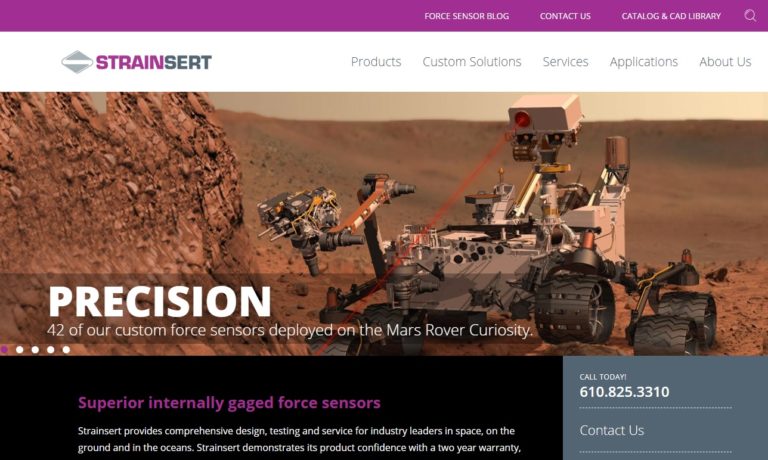
Founded in 1985, Load Cell Central has firmly established its reputation as a leader in load cell manufacturing, custom weighing system integration, and first-class load cell repairs. Load Cell Central offers a wide variety of popular load cell and component configurations for virtually every new or old weighing system, scale or component replacement possibility. Technical and after-sale support, ...

At TyTek Industries we manufacture load cells to suit all capabilities. Our expertise has provided insight and load cell solutions for a range of customers and industries. Our engineering team’s philosophy ensures we do everything humanly and technologically possible to match your requirements with quality, cost and delivery. We’re here to help you carry the load.
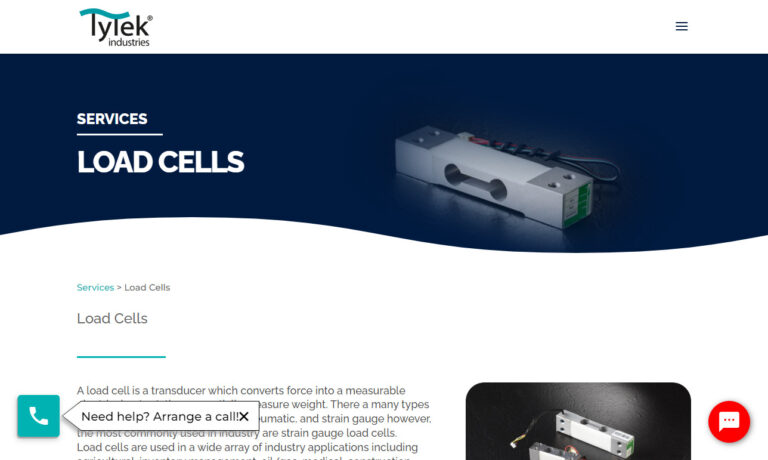
Anyload has been in business for over 20 years. Anyload is experienced in the design and production of high quality standard load cells, specialty load cells, weigh modules, indicators, scales for commercial and industrial applications, and wide varieties of weighing components.
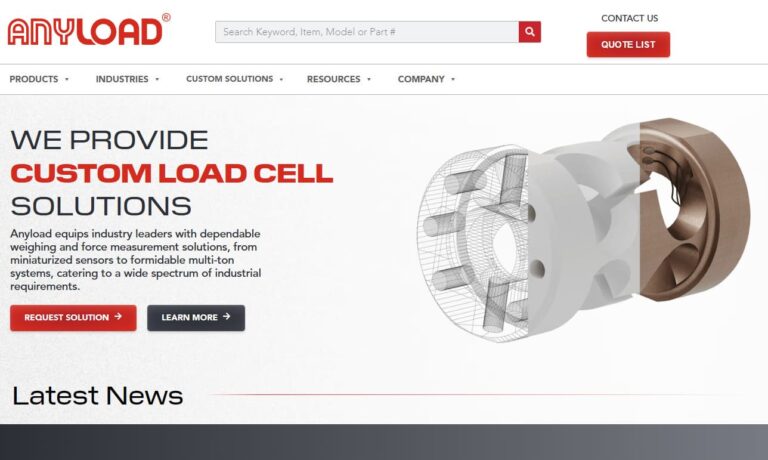
At Coti Global Sensors, we are dedicated to providing top-of-the-line load cell solutions and comprehensive services tailored to meet the diverse needs of our clientele. With years of experience and expertise in the industry, we have established ourselves as a trusted authority in load cell manufacturing, renowned for our commitment to quality, reliability, and customer satisfaction.
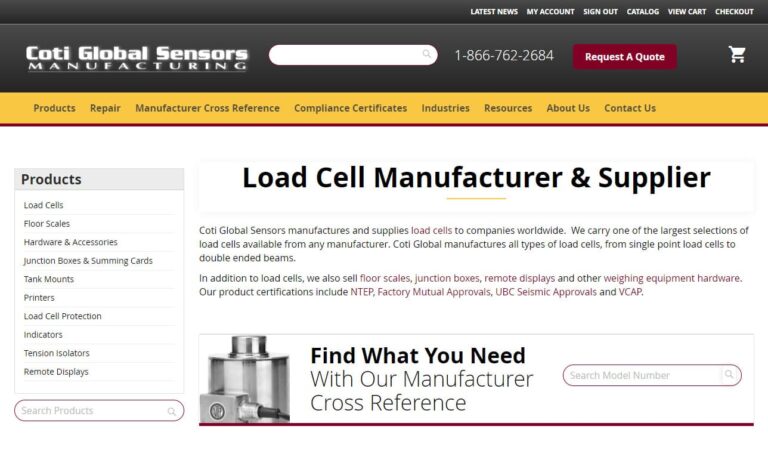
More Canister Load Cell Manufacturers
Canister load cells have a built-in mounting base for easy installation and can be used for both tension and compression forces. There are two main kinds of canister load cells: stainless steel and carbon steel canister load cells.
Tension/compression carbon steel canister style load cells can be extremely resistant to excessive bending and side load forces and have capacities up to 10,000,000 N when paired with the right mounting hardware. As a result, bending strains at the strain gage are accounted for, thus reducing the possibility of load cell failure. Some manufacturers provide a dual bridge option for better feedback control and redundancy.
Stainless steel canister style load cells incorporate a button style design and have a small footprint which allows them to be used for applications which require high capacity yet must fit into tight spaces. These ultra-precision, highly reliable load cells can measure compression load forces in ranges between 5lbs and 1000 tons with accuracies up to 0.03%.
These load cells also come in a variety of sizes with diameters as small as an inch up to almost a foot. The size of the model will depend on the magnitude of the load being applied to the load cell and the types of load being applied.
There are many aspects and features to consider when deciding on the right canister load cell for a given application. Some important aspects to consider include mounting systems, load capacity, accuracy, number of load cells, and the load cell size.
Canister load cells provide the benefit of long-term performance in a compact and cost-effective package. They are especially useful for many high-capacity weighing systems. However, it is important to remember that some compression cells can be damaged by seemingly small side loads. It is best to use canister load cells with priority mounting hardware to ensure that the cell is protected from side loads and to ensure correct load introduction.



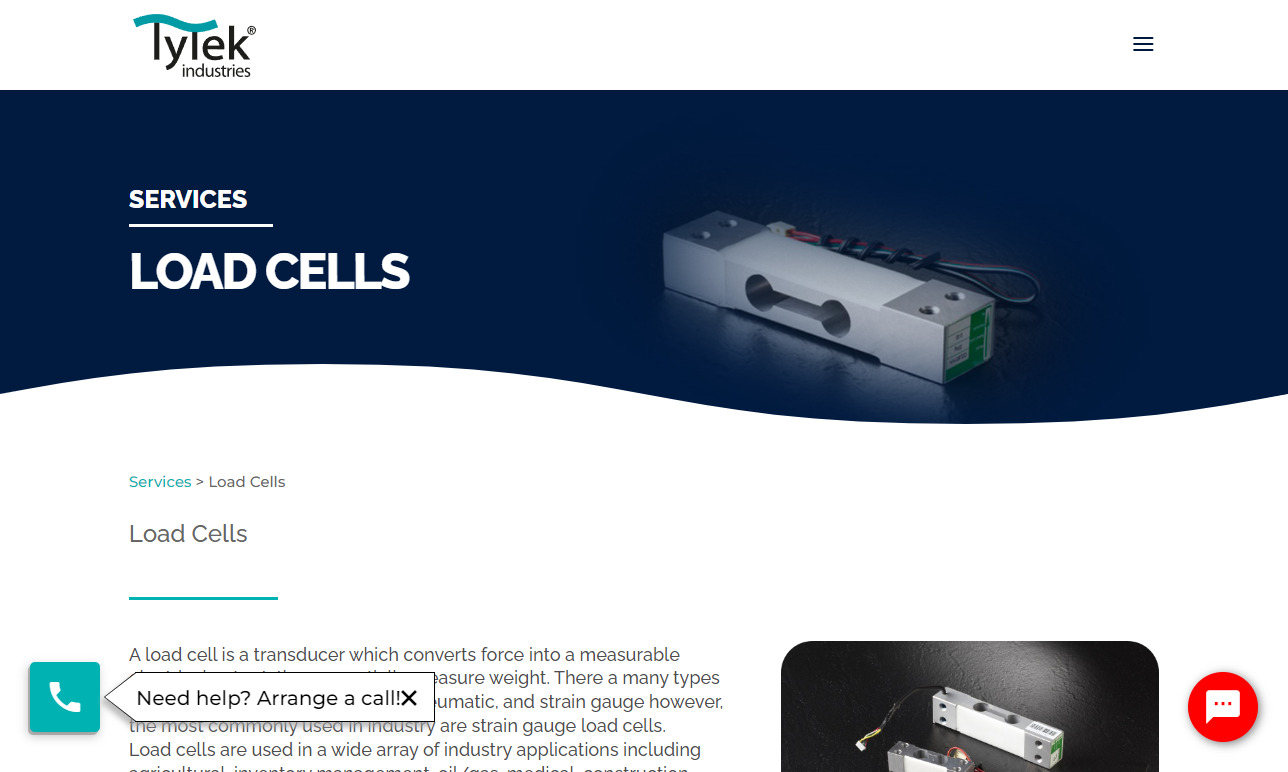
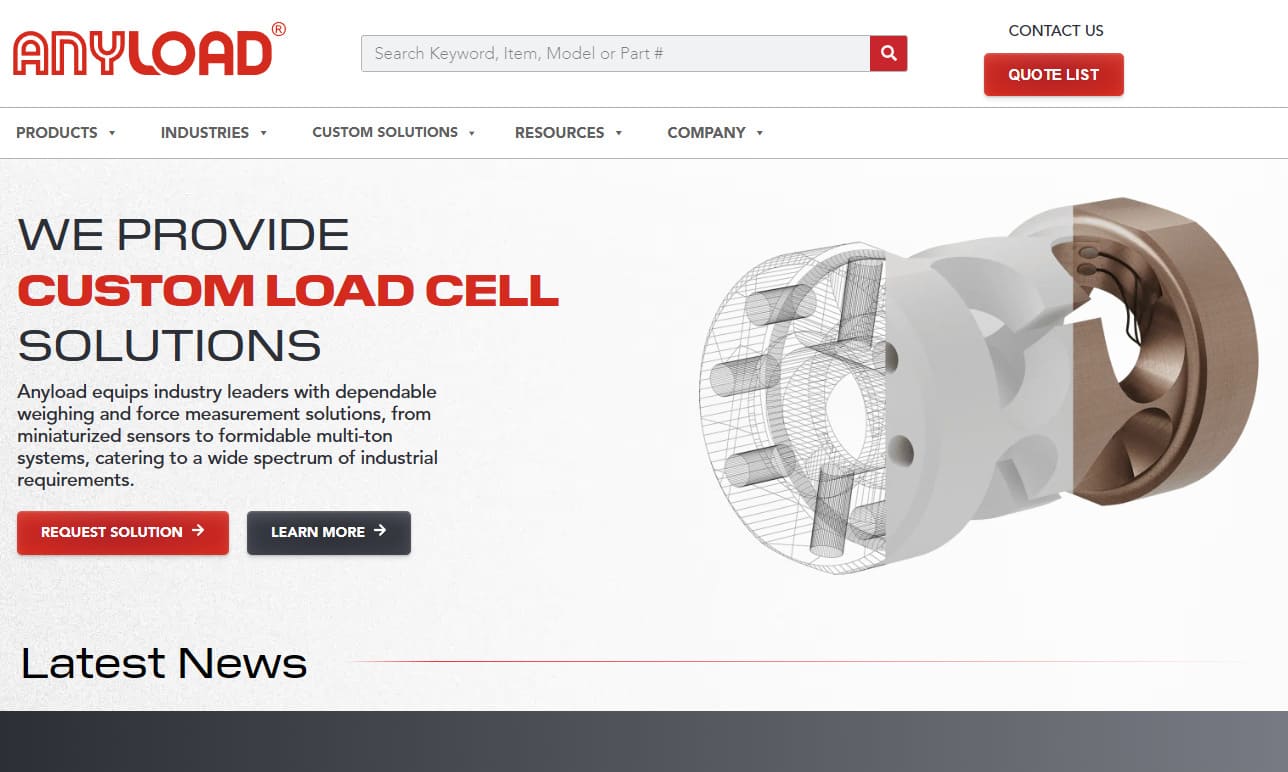
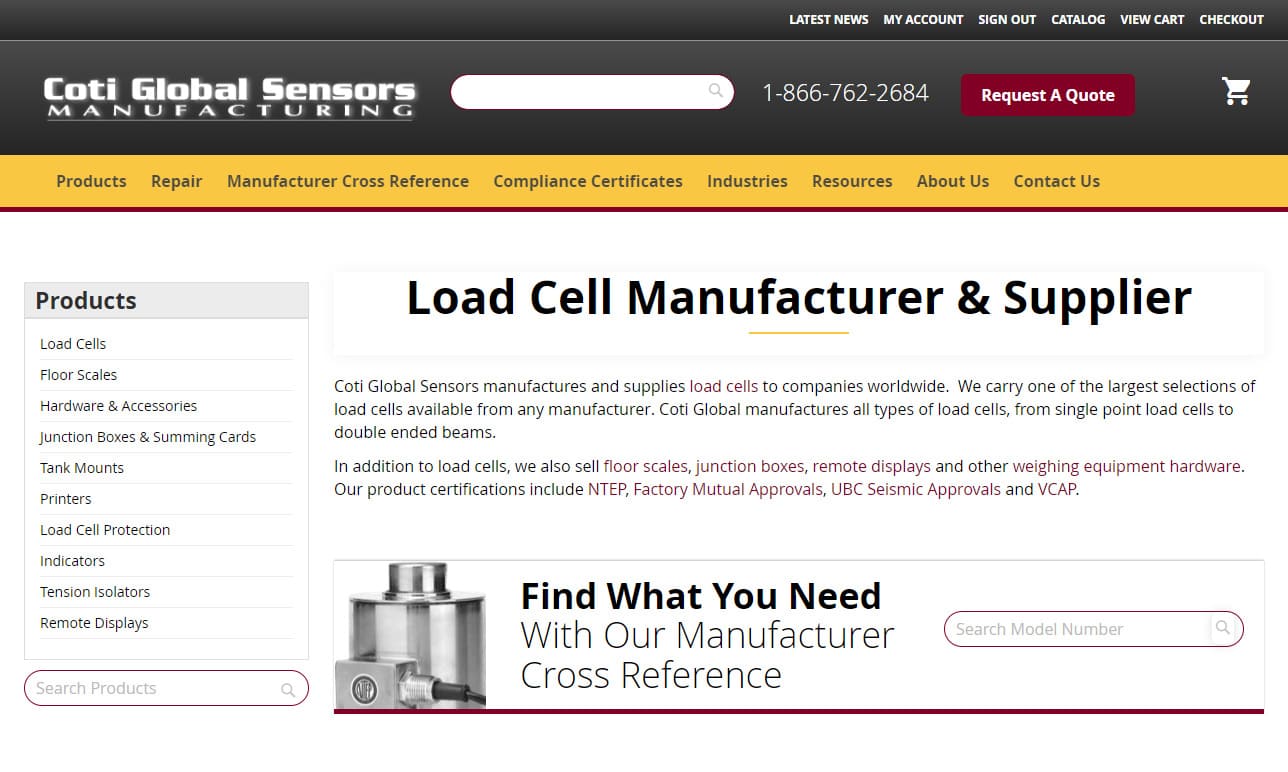
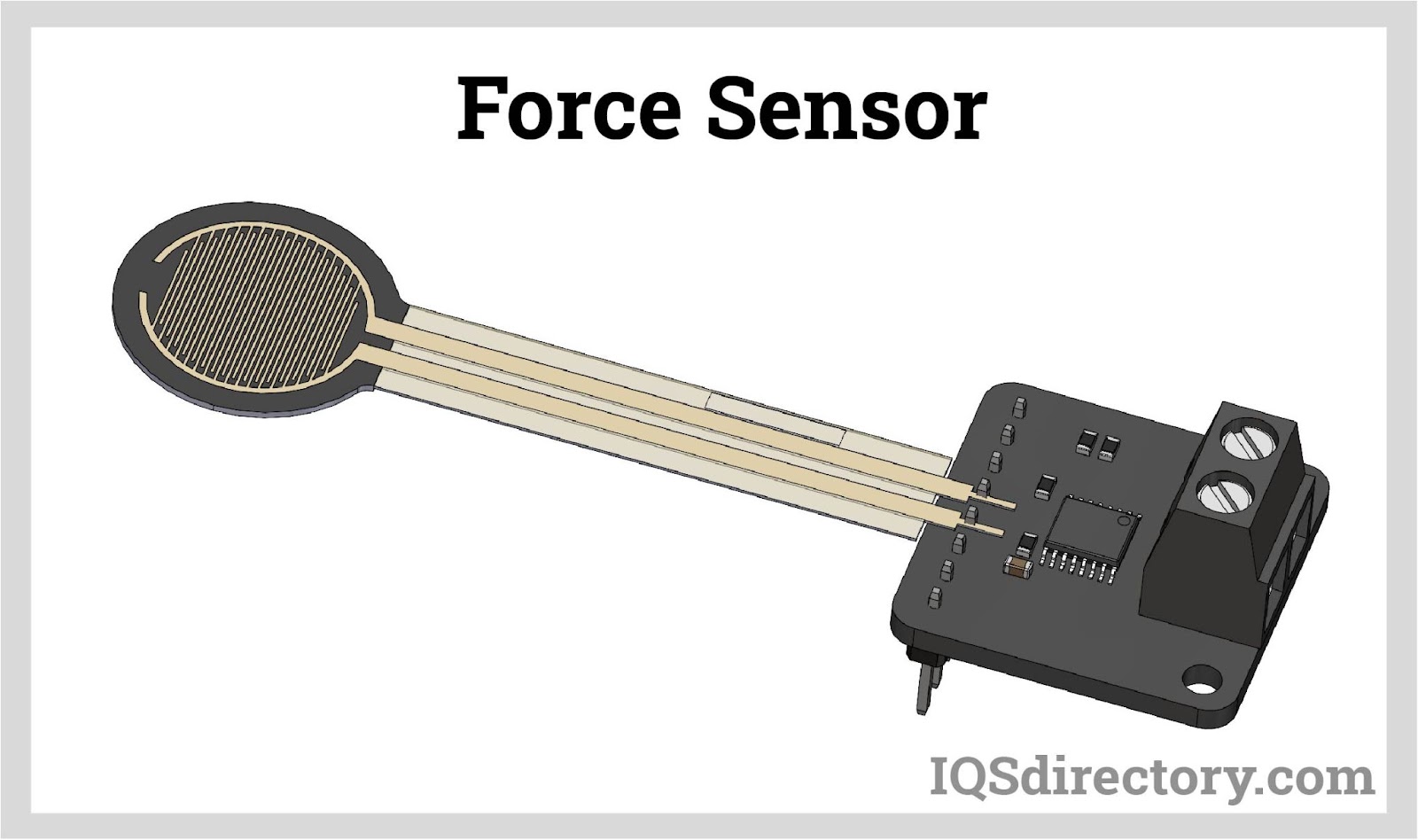
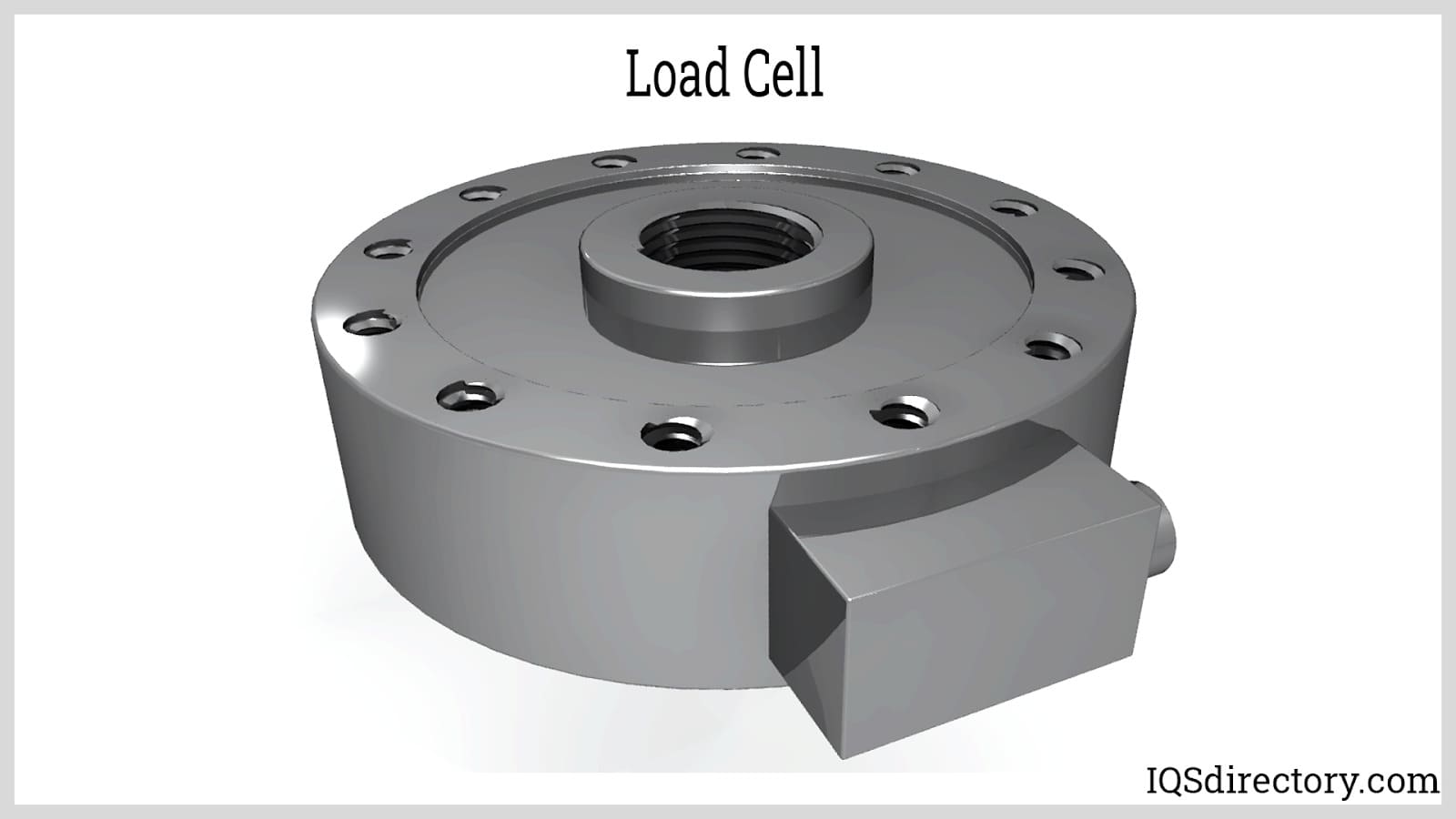
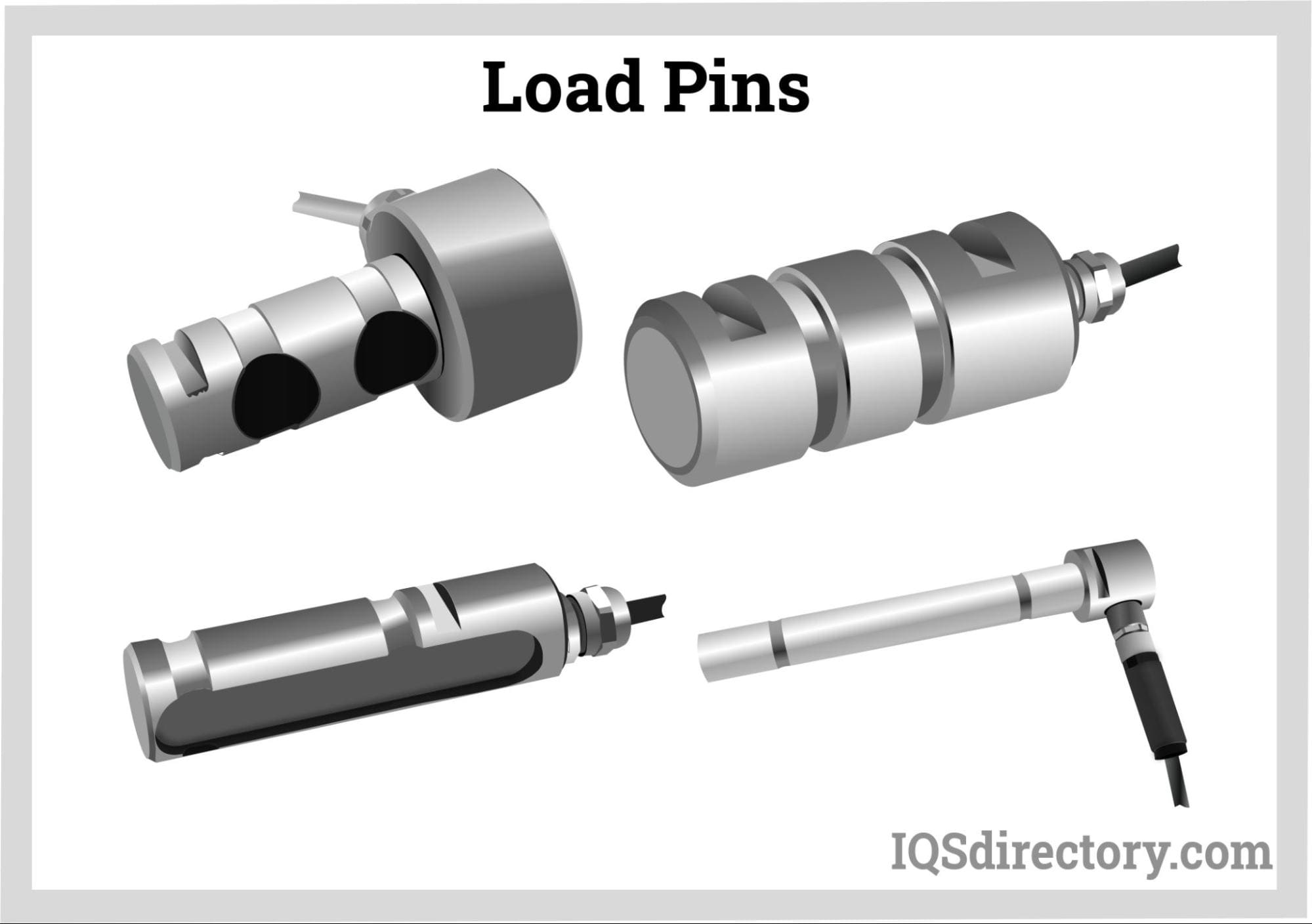
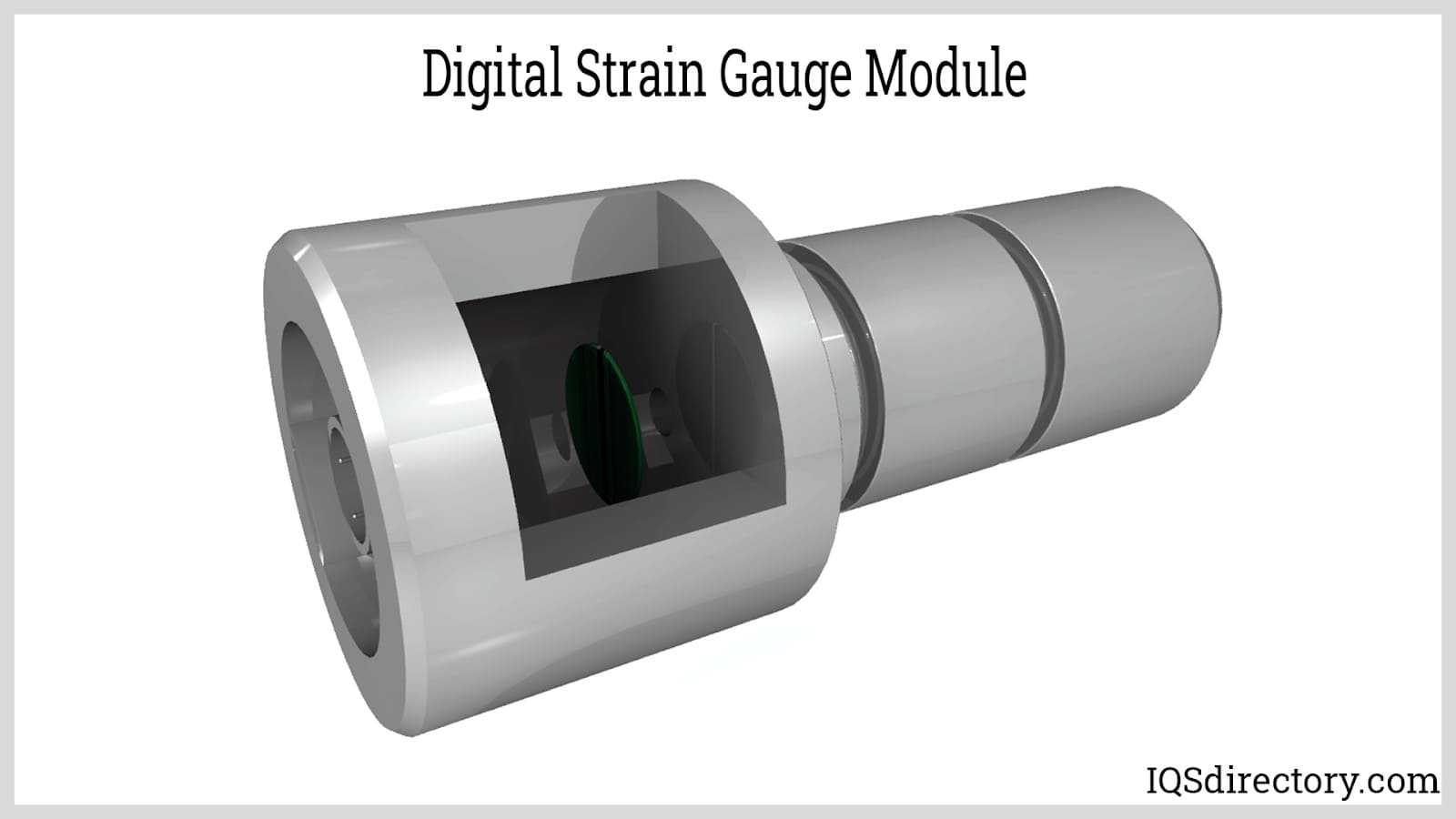
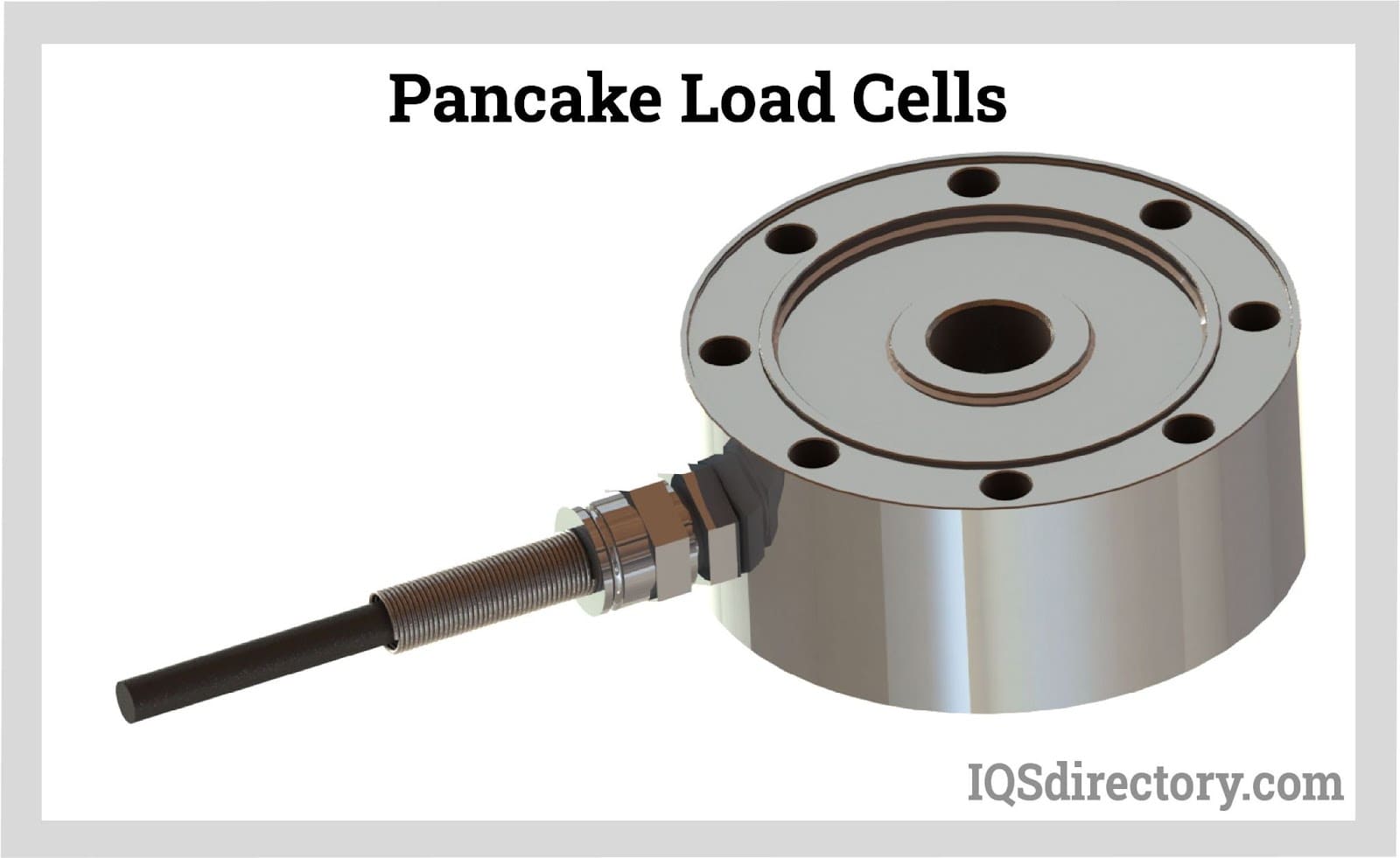
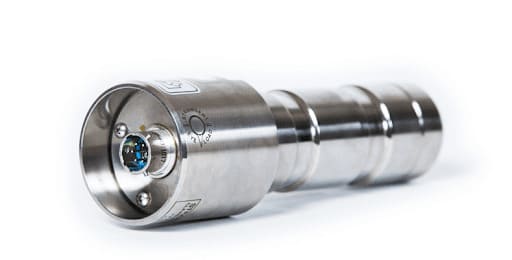
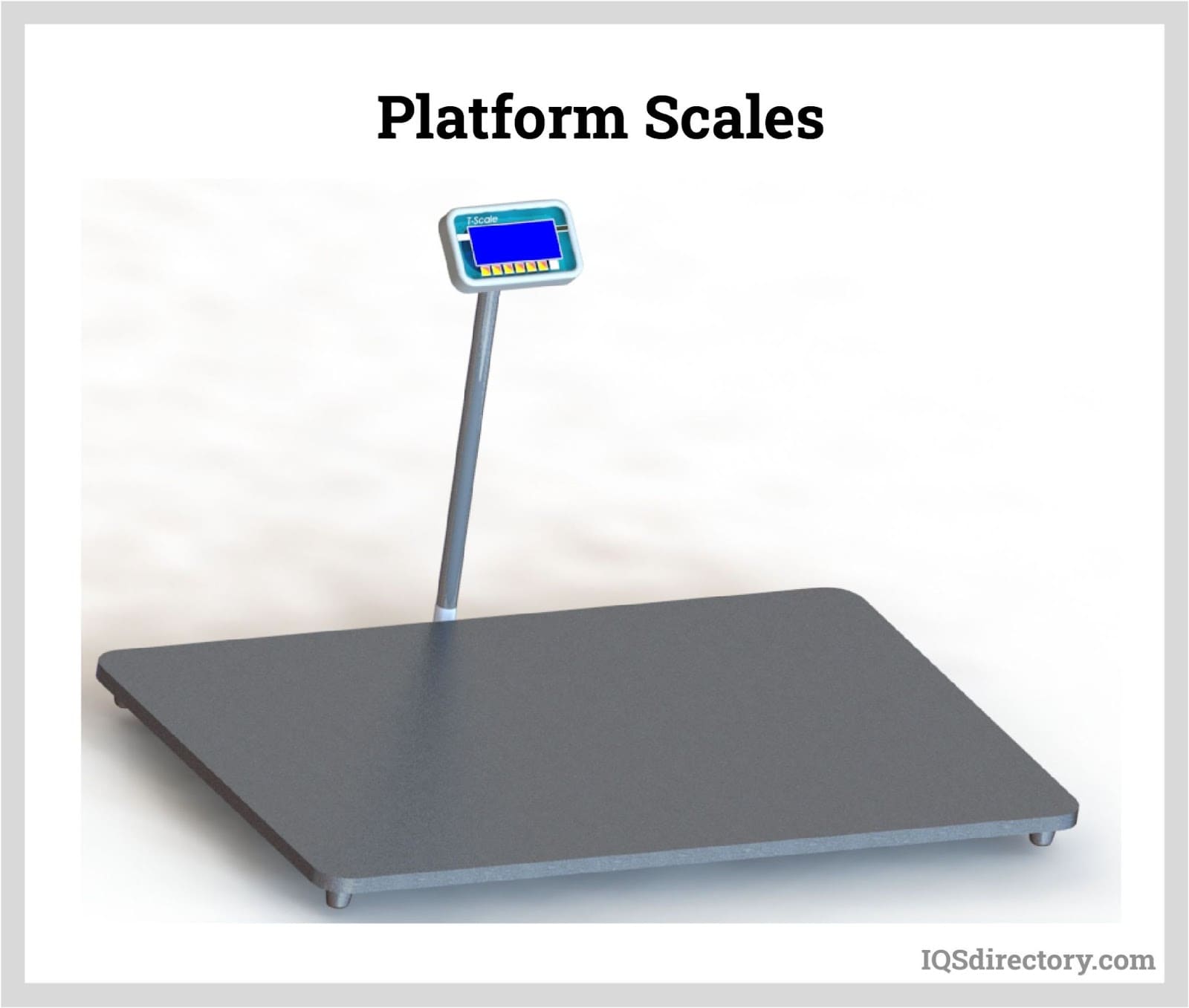
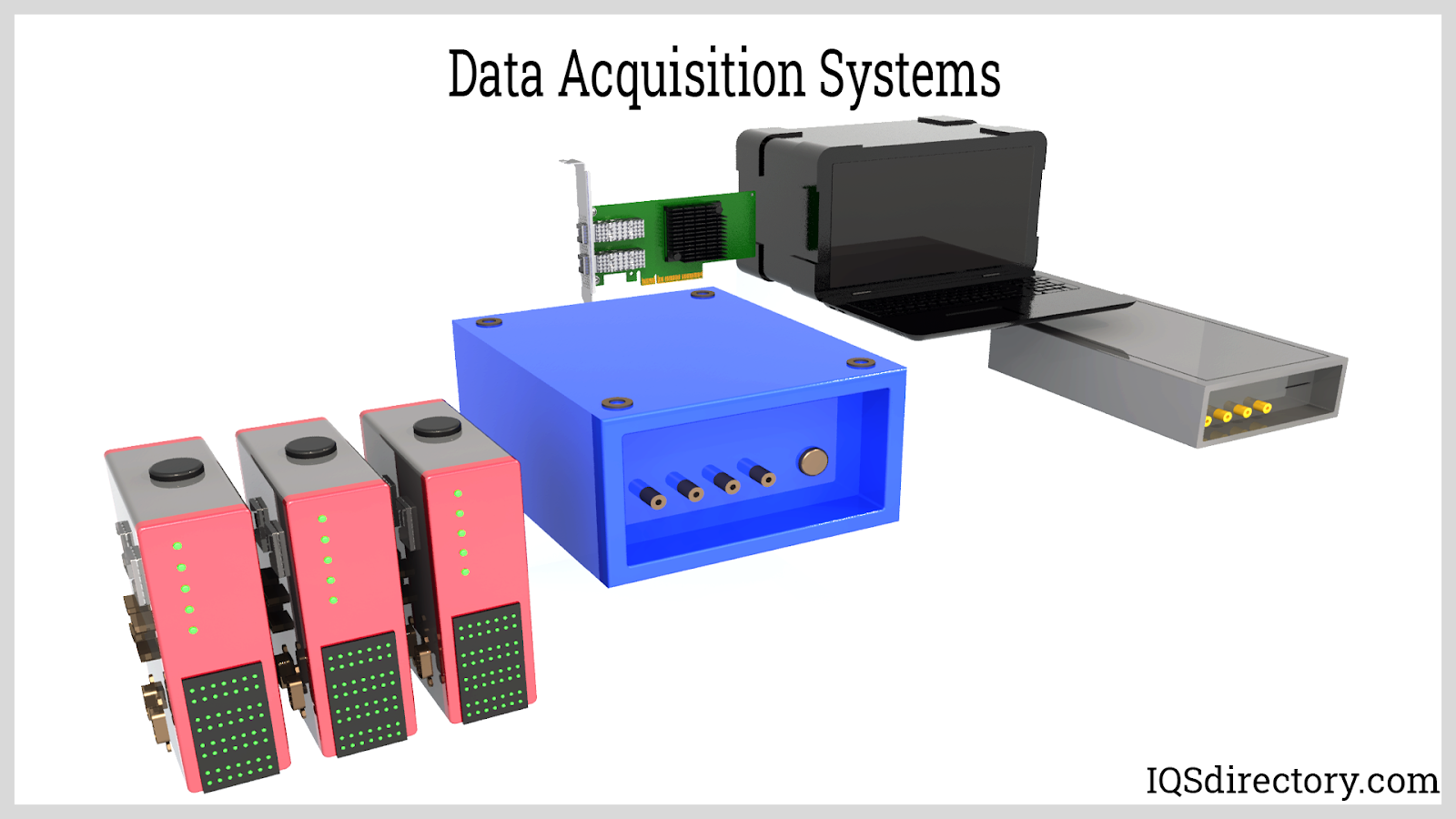
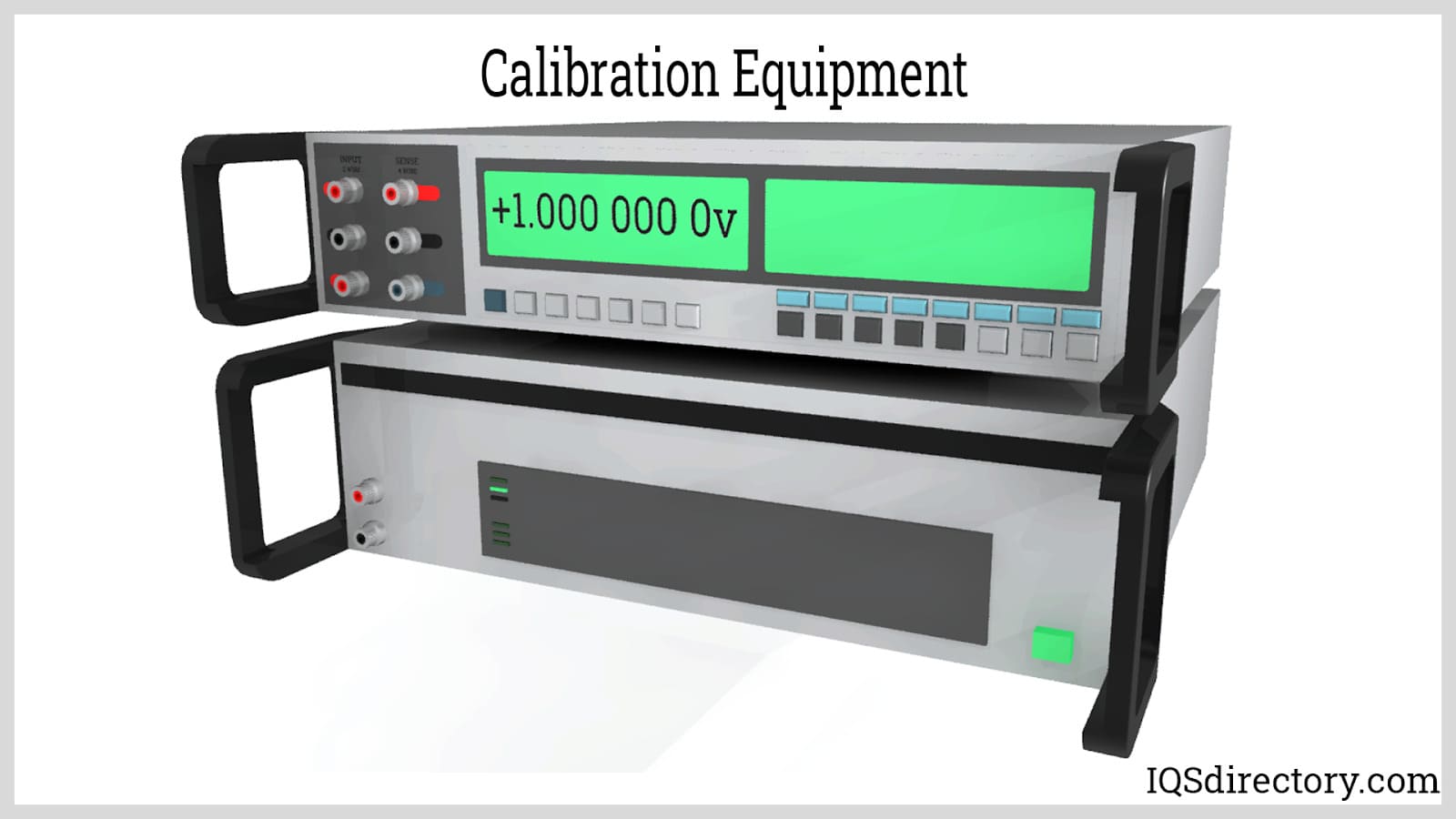
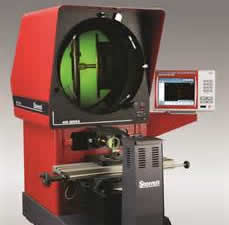 Calibration Services
Calibration Services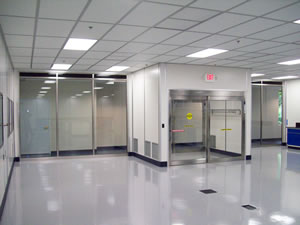 Clean Rooms
Clean Rooms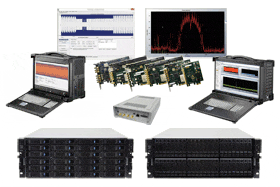 Data Acquisition Systems
Data Acquisition Systems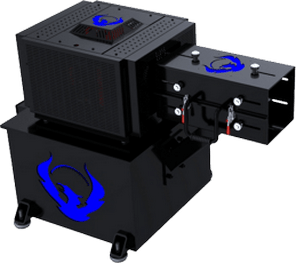 Dynamometers
Dynamometers Environmental Test Chamber
Environmental Test Chamber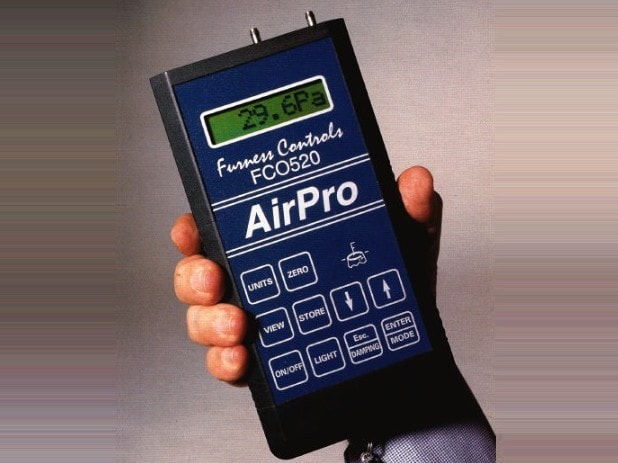 Leak Detectors
Leak Detectors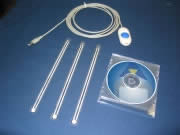 Load Cells
Load Cells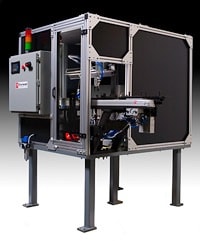 Machine Vision Systems
Machine Vision Systems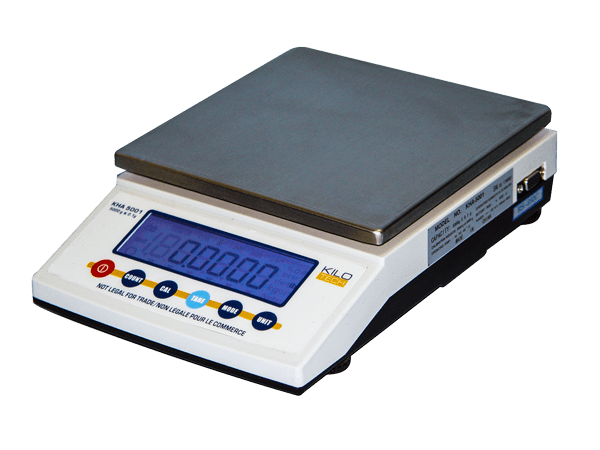 Scales
Scales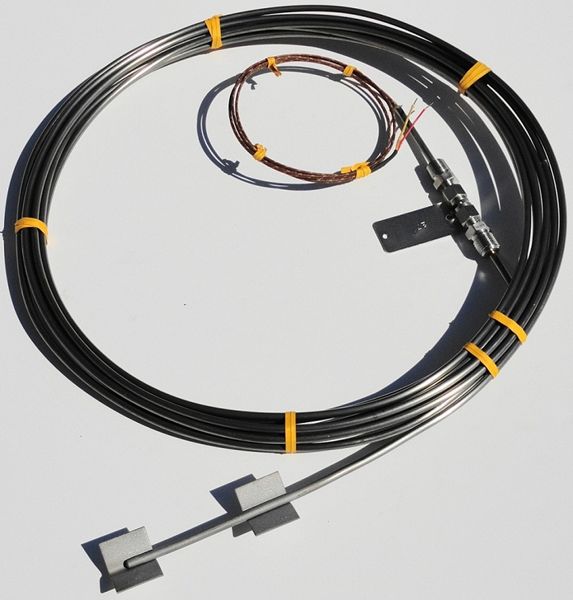 Thermocouples
Thermocouples Castings & Forgings
Castings & Forgings Bulk Material Handling
Bulk Material Handling Electrical & Electronic Components
Electrical & Electronic Components Flow Instrumentation
Flow Instrumentation Hardware
Hardware Material Handling Equipment
Material Handling Equipment Metal Cutting Services
Metal Cutting Services Metal Forming Services
Metal Forming Services Metal Suppliers
Metal Suppliers Motion Control Products
Motion Control Products Plant & Facility Equipment
Plant & Facility Equipment Plant & Facility Supplies
Plant & Facility Supplies Plastic Molding Processes
Plastic Molding Processes Pumps & Valves
Pumps & Valves Recycling Equipment
Recycling Equipment Rubber Products & Services
Rubber Products & Services